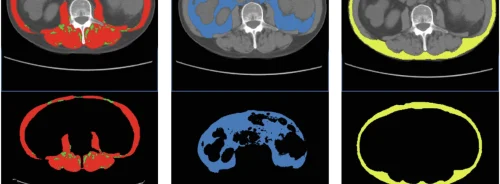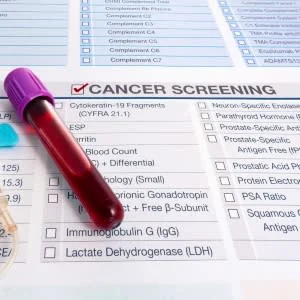Cancer screening examinations are believed to be a critical means of enhancing lifespan and preserving life, but it remains uncertain whether these tests lead to extended longevity.
A systematic review and meta-analysis were carried out on randomised clinical trials spanning over 9 years of follow-up. The review focused on reporting all-cause mortality and estimated increase in overall lifespan gained for six commonly used cancer screening tests. The comparison involved evaluating screening versus the absence of screening.
Screening methods included mammography for breast cancer, colonoscopy, sigmoidoscopy, or fecal occult blood testing (FOBT) for colorectal cancer, computed tomography screening for lung cancer among smokers and former smokers, as well as prostate-specific antigen testing for prostate cancer.
A combined total of 2,111,958 participants were enrolled in randomised clinical trials that assessed the comparison between screening and no screening using six different tests. The median duration of follow-up varied across the tests: 10 years for computed tomography, prostate-specific antigen testing, and colonoscopy; 13 years for mammography; and 15 years for sigmoidoscopy and fecal occult blood testing.
The research revealed that sigmoidoscopy was associated with an extension of lifespan by 110 days, while fecal testing and mammography did not prolong life. Additionally, prostate cancer screening showed an increase in lifespan by 37 days, and lung cancer screening prolonged life by 107 days, although these results were seen to be uncertain estimates.
The results indicate that the current evidence does not support the claim that common cancer screening tests contribute to an extension of lifespan and save lives, except for the potential exception of colorectal cancer screening with sigmoidoscopy.
It is important to note this study does not advocate against undergoing screening. Instead, it hopes to facilitate an informed discussion regarding what people can expect from screening.
Source: JAMA Internal Medicine
References:
Bretthauer M, Wieszczy P, Løberg M, et al (2023) Estimated Lifetime Gained With Cancer Screening Tests: A Meta-Analysis of Randomized Clinical Trials. JAMA Intern Med.










